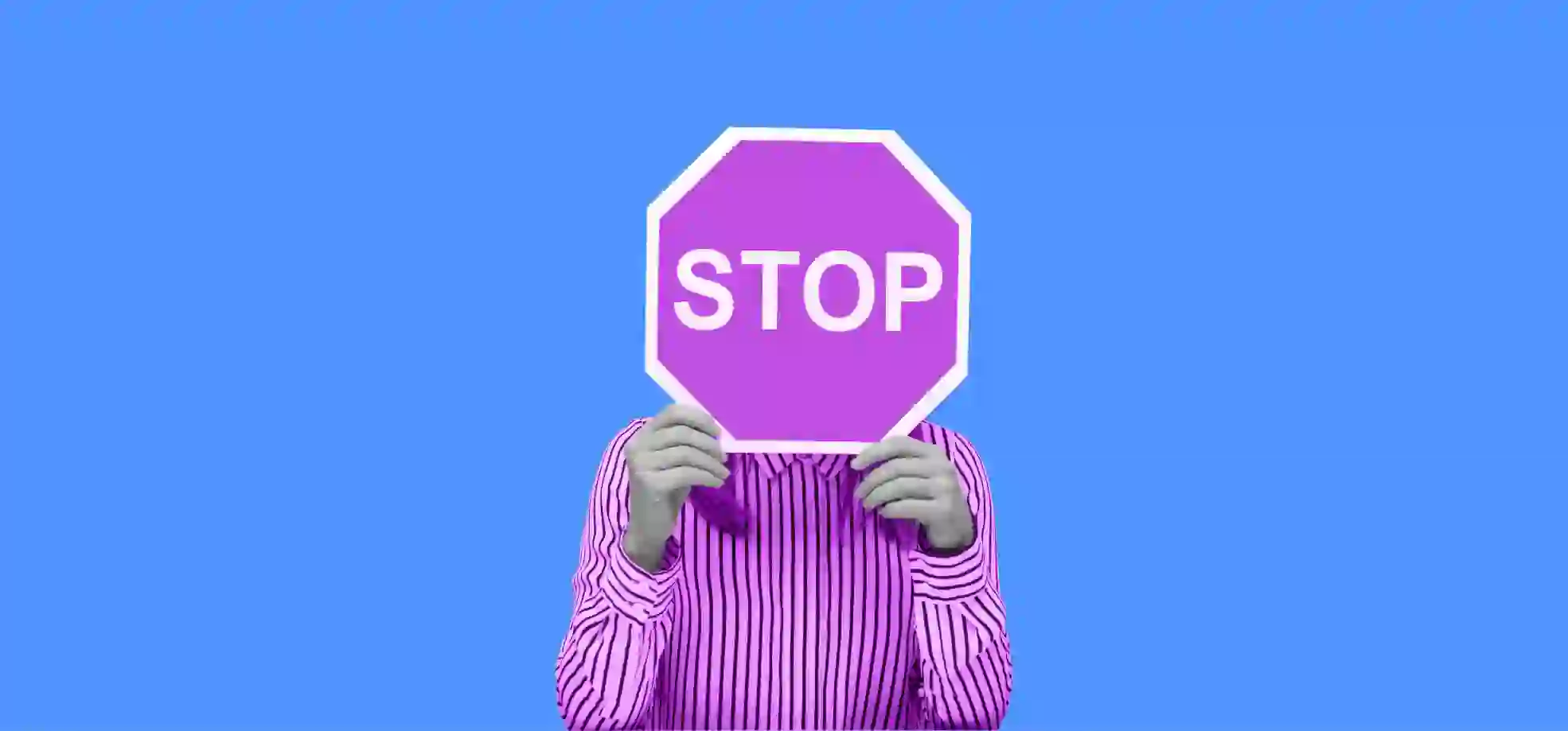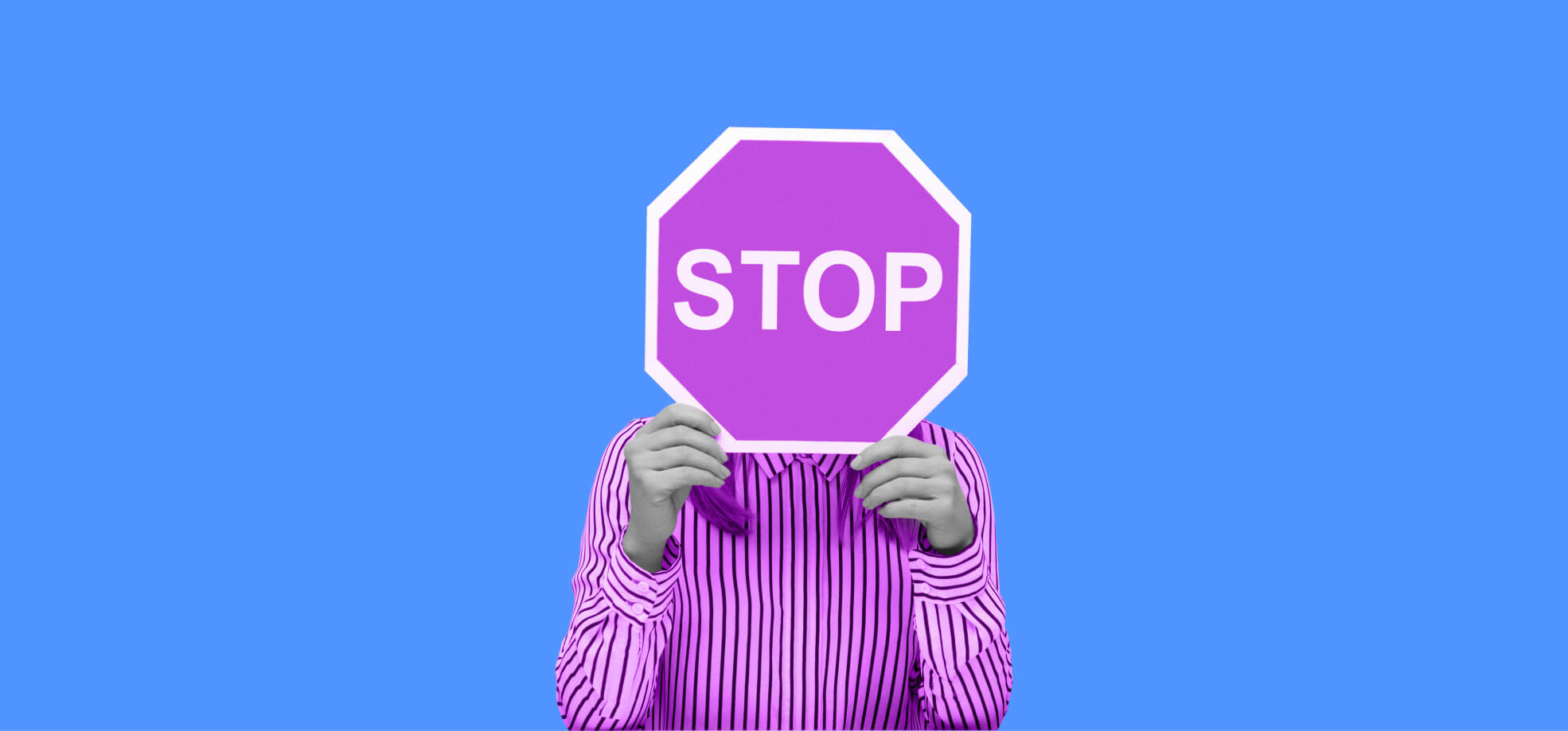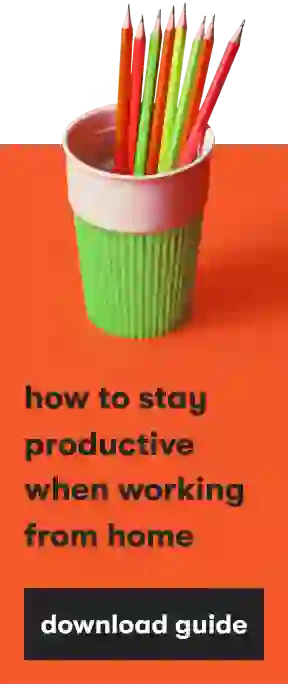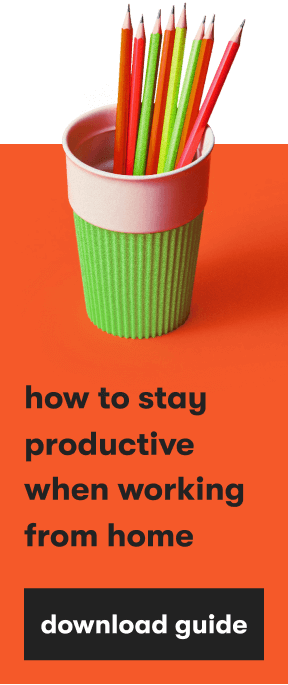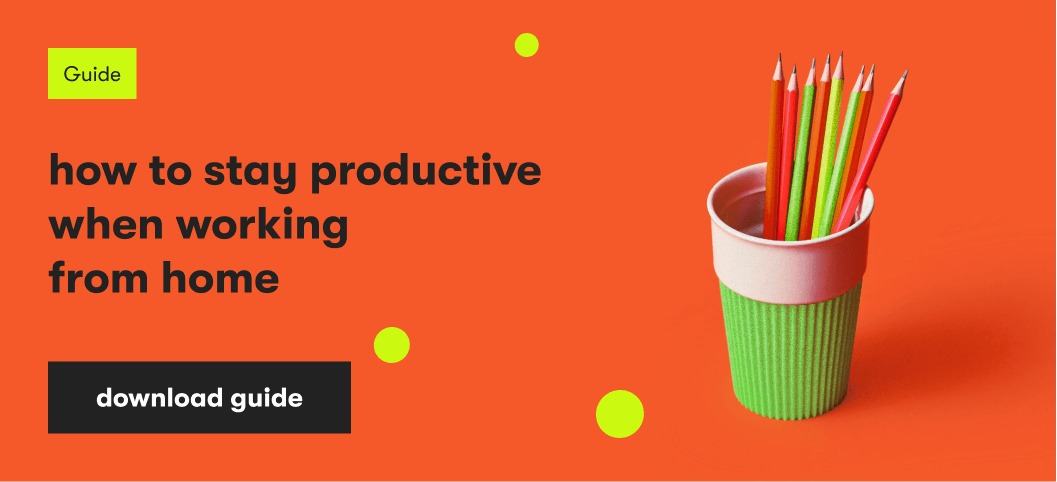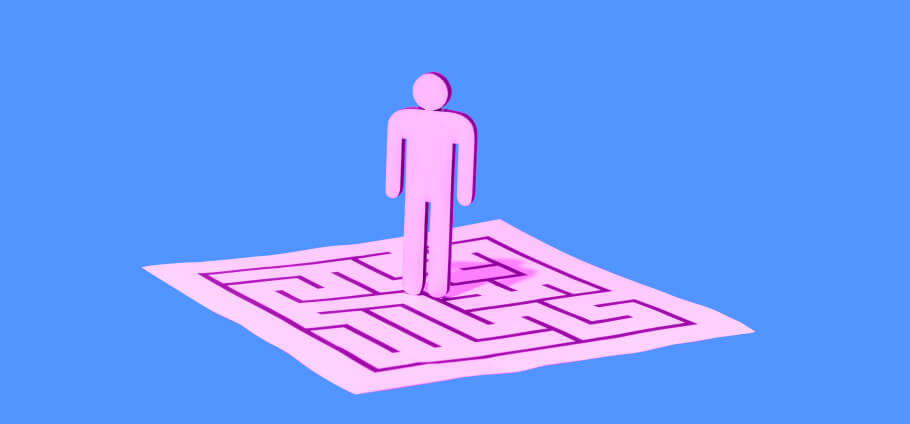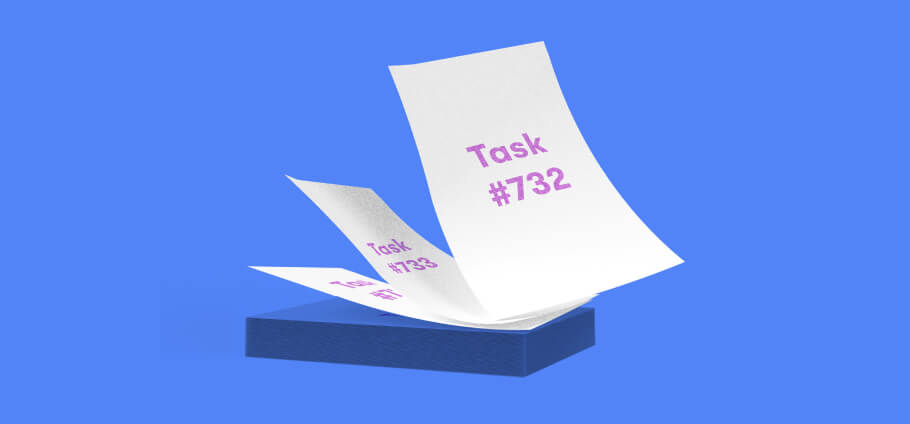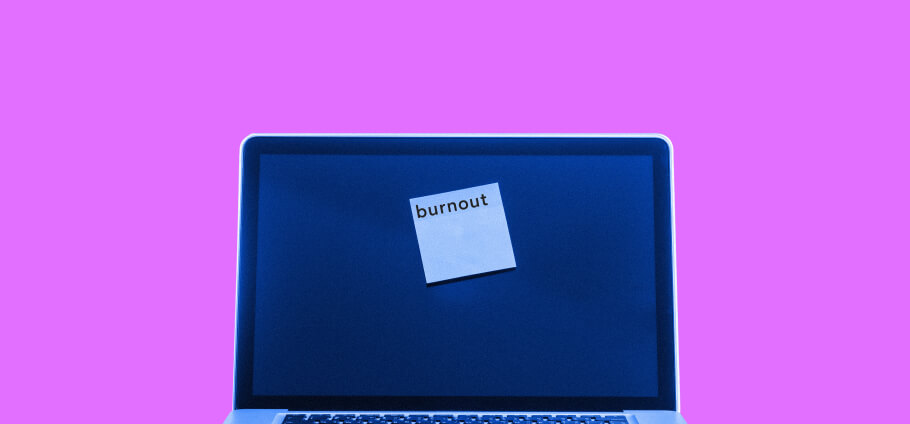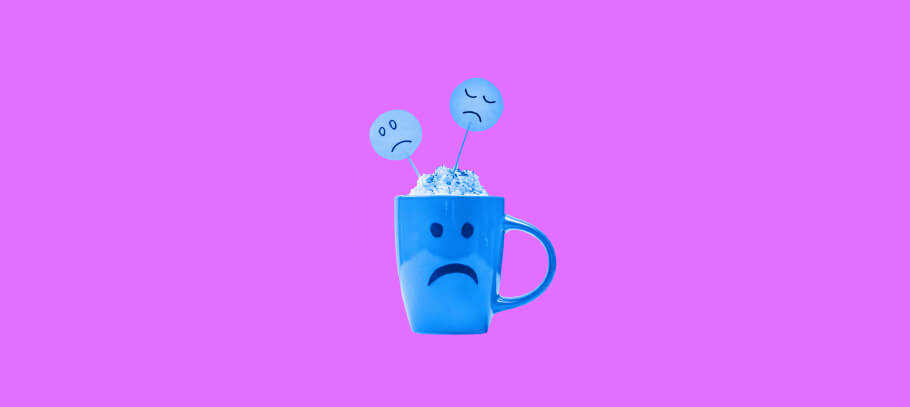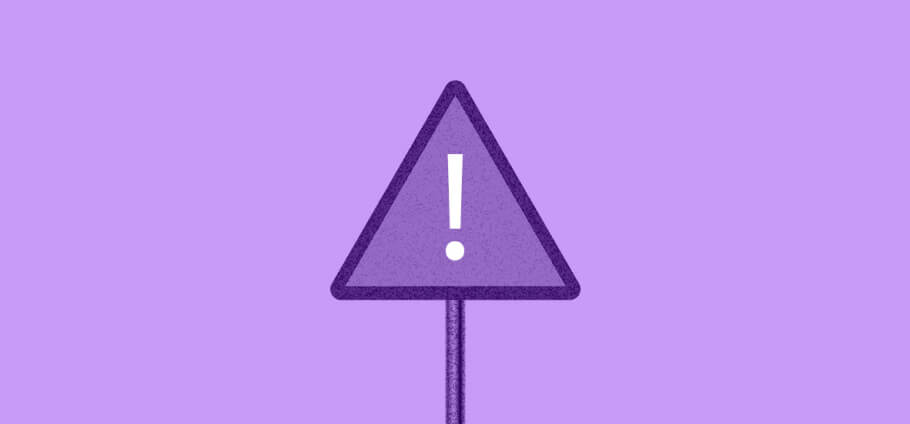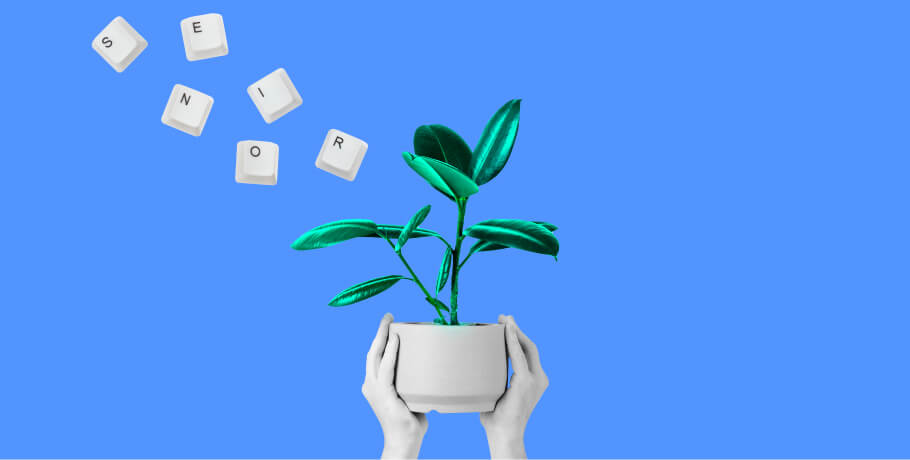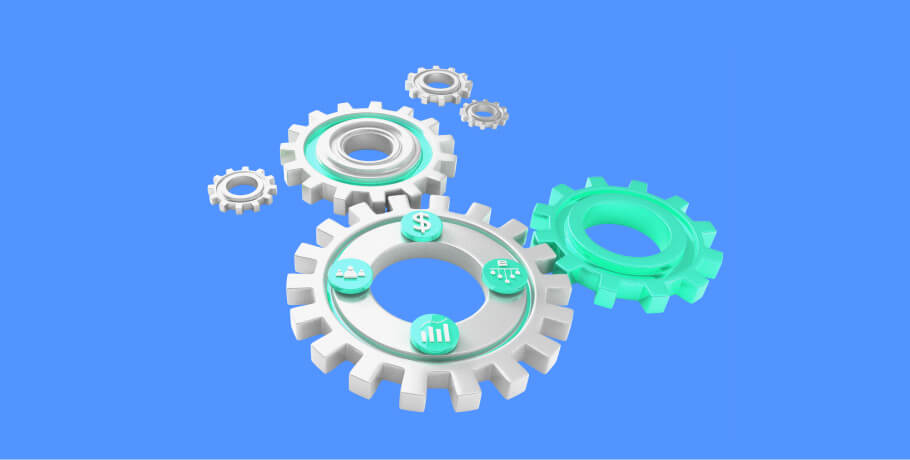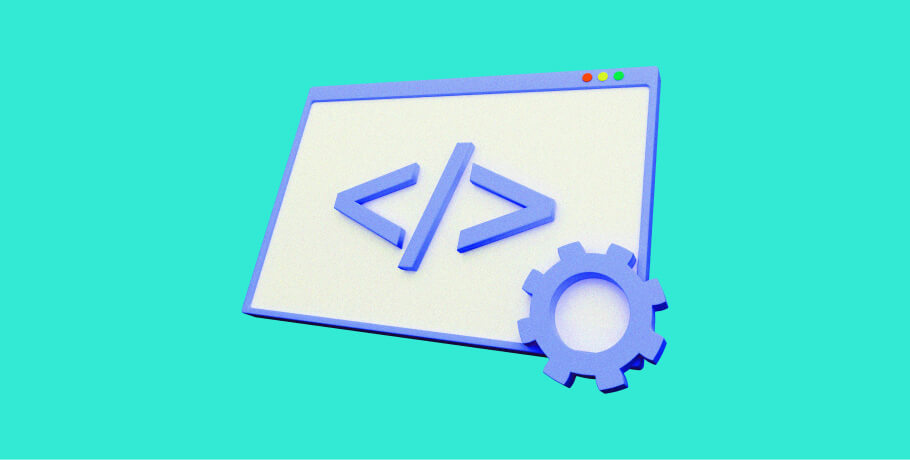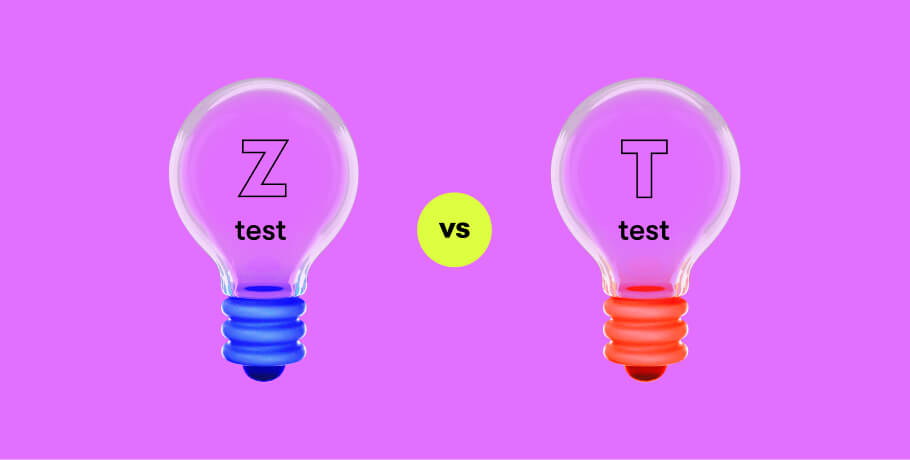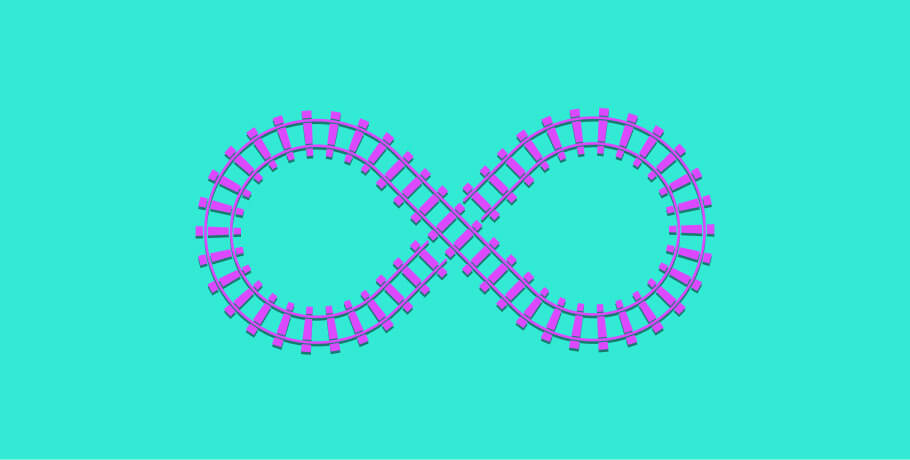If you have ever experienced burnout or any of the recognized burnout symptoms, you would probably agree that knowing how to avoid burnout at work can be some of the most useful knowledge you’ve ever had. If only you knew...
If you have never experienced burnout (lucky you!), you might think it’s another lightweight buzzword that doesn’t mean anything serious. We would be happy if this was the case, but it isn’t.
While the causes of burnout are many and varied and can range from long commuting hours to constant stress at work, the outcome is the same. If you fail to notice the stages of burnout that you might be going through, a physical or emotional breakdown may result.
We believe that prevention is better than dealing with consequences, so in this blog post, we answer the question “How to avoid burnout?” by offering some suggestions that have worked for our colleagues.
How to avoid job burnout: Start with your body
It might seem strange that when addressing how to avoid job burnout, we speak first about your body, not your job. But, consider that burnout is both a physical and mental condition, so caring about your body as one option for burnout prevention is certainly logical.
Stick to the you-are-what-you-eat approach
There’s no need to explain that fast food consumption, overeating, or skipping meals on a regular basis don’t do you any good. One thing you should regularly keep in mind: the healthier your diet, the better for your body. There isn’t a universal diet, so you’ll need to find what fits your body best.
One general recommendation here, though: don’t forget to choose food rich in vitamins and try to diversify your diet with protein sources, fresh fruits, and vegetables. This will help you get enough Omega-3, Vitamin B12, Vitamin C, zinc, and other vitamins and minerals.
“It’s amazing how strongly our food choices affect our productivity. Knowing that, I try to cut down on products containing fast-digesting carbs and sugar because they boost my insulin production. This makes me feel sluggish like I’m capable only of binge-watching shows or YouTube. Instead, I’m trying to consume an appropriate amount of protein, which makes me feel more energetic and productive. The Mediterranean diet, with lots of fish, grains, vegetables, and healthy oils, is something that worked well for me. My key principle is to consciously watch 3 levers: 1. What I eat; 2. When I eat; 3. How much I eat. A famous physician, Peter Attia, suggests that to stay healthy, we should always pull just one of the levers, often pull two, and sometimes - all three.”

Exercise more
We’re sure you’ve seen this piece of advice many times already, but it’s hard to overestimate the importance of movement and exercise. Even a 30-minute walk or yoga session twice a week can help you keep in shape and feel energized. Physical activity strengthens your heart and improves circulation and the oxygen levels in your blood, providing more oxygen to your muscles and organs. . Your brain is no exception. The more effectively you oxygenate your brain, the more effective you can expect it to be.
“I often can't find even 30 minutes during the day for exercising, so I found a stairway near my house, and I make a few runs up and down for about 5-10 minutes twice a week in the morning. It consumes more energy than running, and I feel much better since I started to do that. So even 20 minutes per week can make a difference.”

Get enough sleep
If we had to choose only one answer to the question “How to prevent burnout?”, we would say: get enough sleep. It’s common knowledge that quality sleep can improve your health, mood, and energy levels. So don’t deprive yourself of this cornerstone of burnout prevention and good health generally.
“Not only is the amount of time you sleep important but so is how you sleep. You will wake with more energy and feel less tired in the morning if you have slept in total darkness. It is also helpful if your phone is not within reach, so you can't check what's new a few times during the night or, even worse, hear the sounds of all of your incoming messages and fight your anxious desire to read them. The least you can do for yourself is to turn off notifications. That will give you a significant boost in coping with stress and exhaustion that you can otherwise experience even after sleeping in.”

Care for your state of mind
We have already mentioned that burnout affects you both physically and mentally/emotionally. So, how to avoid burnout on a mental/emotional level? See some tips below.
Give your brain some rest
You can’t be productive all the time. To avoid overloading your brain, set a “taboo hour” after which you promise yourself that you will not deal with work tasks. If your taboo hour is 8 PM, you don’t answer any work-related messages, emails, or calls after 8:01 PM (unless it’s something REALLY critical).
"Linger in the moment." This technique involves focusing at a point in the distance. The ideal option is a view from the window. This helps me to achieve perspective and sort out the backlog of tasks awaiting me. To enhance the effect, you can turn on calming instrumental music without the distraction of words.”
Meditate regularly
This can be easier said than done since mediation isn’t as simple as it might initially seem. But you are not limited to meditating in a traditional way. If the technique of focusing on your breathing brings you more stress than relief, you can find your own meditative practice. It can be listening to calming music, having a bath with essential oils, reading your favorite books, walking outside in nature, or spending a couple of hours a week enjoying a hobby. It can literally be anything that makes you feel relaxed and happy.
“When I need to quickly recharge, one of the techniques I use is Wim Hof’s breathing method. It takes 10 to 15 minutes and is designed to boost your energy and reduce stress levels by increasing your oxygen levels. You can just Google the technique and give it a try for yourself. The other technique I personally like very much is basic meditating. The biggest benefit of it is that you don’t need any specialized training, appliances, place, or whatever. You just need to shut down your laptop, completely turn off notifications on your phone and spend some time with yourself. I think it’s better to have a walk outside, but spending some time in silence at home alone also works.”

Lifestyle tips for how to avoid burnout at work
Finally, we’re ready to share our suggestions for how to avoid job burnout right in your workplace.
Work when you’re most productive
It’s not a secret that we all have different daily rhythms. Some people find it easy to work in the morning while others would prefer not to perform even the simplest task until the sun goes down. Of course, work discipline is something we all need to master to boost our productivity. It’s important to know yourself, though, and to know when forcing yourself to work will not result in a corresponding benefit. In those circumstances, take a break, switch your focus for a while, and then you can return to your tasks later with a fresh mind. Try to identify your own productivity patterns throughout your day and schedule your tasks accordingly.
Plan your daily tasks and weekly goals
How often do you feel as though you’ve spent the whole day doing something but have no result to show for it? This can happen because of poor time management and a lack of prioritization.
Develop the habit of planning every daily and weekly task that you have to do. You can take advantage of the simplest task tracking app or even a sticky note. Just write down all your tasks from the most to the least important ones and perform them in that order. Once you train yourself to create to-do lists, you’ll soon forget about missed deadlines and the worrisome feeling of low productivity.
If you’re tired of using one of the readily-available task tracking apps, or even sometimes forget where you track what, there’s another solution:
“Create a problem/solution map. It’s a hand-drawn map developed based on different approaches to solving certain problems. I’ve adapted it to the specifics of my tasks, responsibilities, and established rules in the company. The idea is to constantly make changes to this map and record all your achievements.”
Take regular breaks
Regular breaks aren’t just about having a vacation twice a year. Half a year is quite a long period, during which you could experience burnout and recover from it. But you want to focus on how to avoid burnout, right?
Try to plan some vacation time as often as you can. Having a rest every three or four months, instead of just once or twice a year, will help you unwind from your work routine and give you fresh inspiration to tackle your usual tasks with new enthusiasm.
And don’t just hang on until you can take an actual vacation. Think small-scale as well. Take advantage of your lunchtime every day. Don’t spend it in the kitchen on social media. Instead, take an actual break. Take a nap if you feel sleepy or go for a walk to get a bit of fresh air: this will help you recharge and return to your duties more focused and energetic than before.
“I’m booking one hour in my working schedule daily to take a walk or do some sports. Using this practice, I work more productively and, at the end of a day, complete more tasks than I would if I had spent that hour sitting by my laptop."

Organize your workplace
Did you know that something as simple as sitting on an uncomfortable chair can limit your productivity and make you feel more stressed during your working day? A well-organized workplace, thoughtfully designed, helps you switch to a working state of mind more easily, stay more focused, and - no less important - keeps your back healthy. On the other hand, if you don’t pay attention to creating an effective workplace, it can boost your stress levels, strain your body, and substantially decrease your productivity. Why take the chance? A little effort can go a long way here.
“Workplace = Second home. Organize your workplace in such a way that there are three main components: items that are necessary for work, items that allow you to relieve stress, and items that help you recharge. My examples: for work - a workstation + headset, for stress relief - a Darth Vader figurine, for recharging - a retro desk lamp.”
Conclusion
When considering how to avoid burnout at work, you should remember that it’s not only about work. Having a healthy body, practicing mindfulness, and developing useful habits is a winning combination for burnout prevention.

Explore our Editorial Policy to learn more about our standards for content creation.
read more